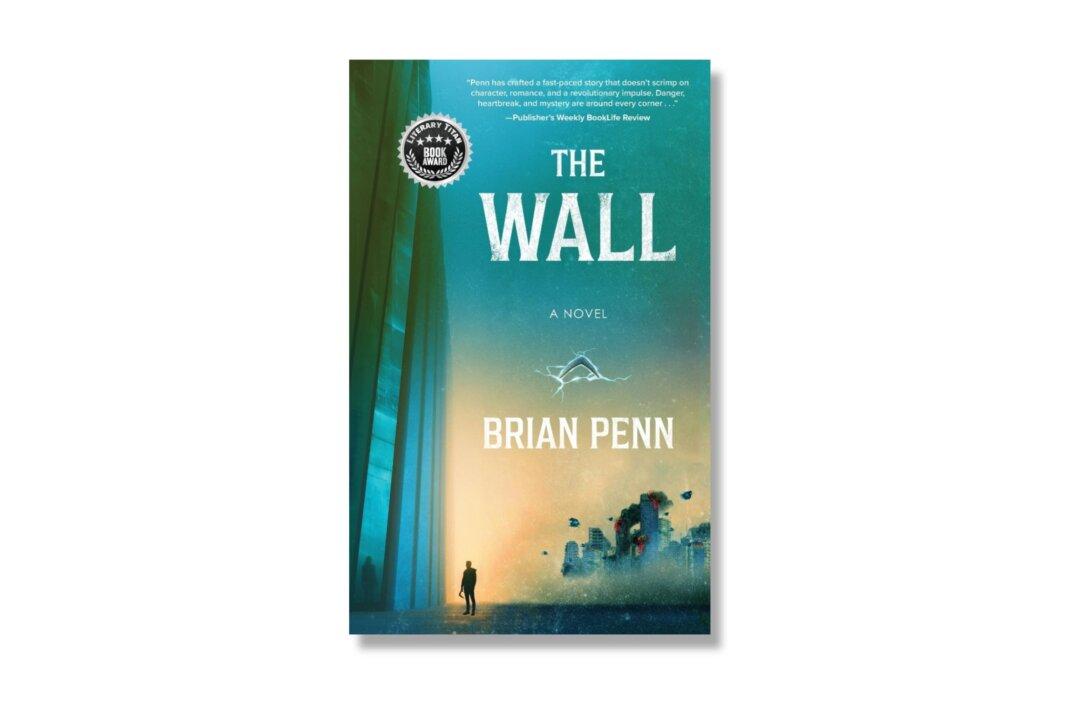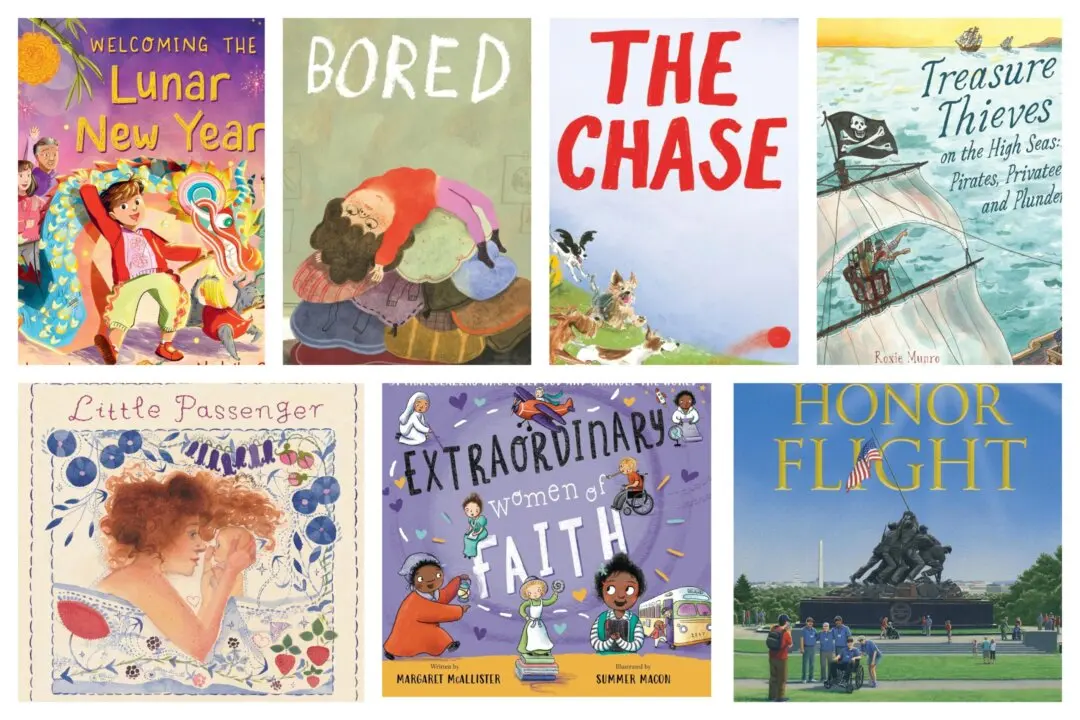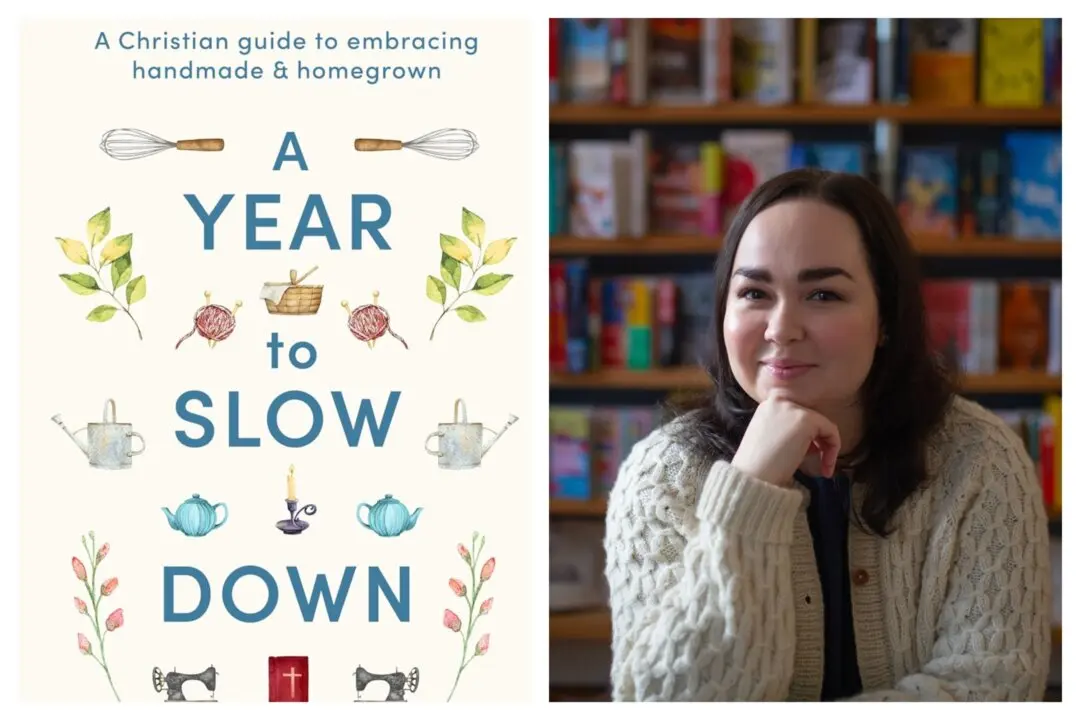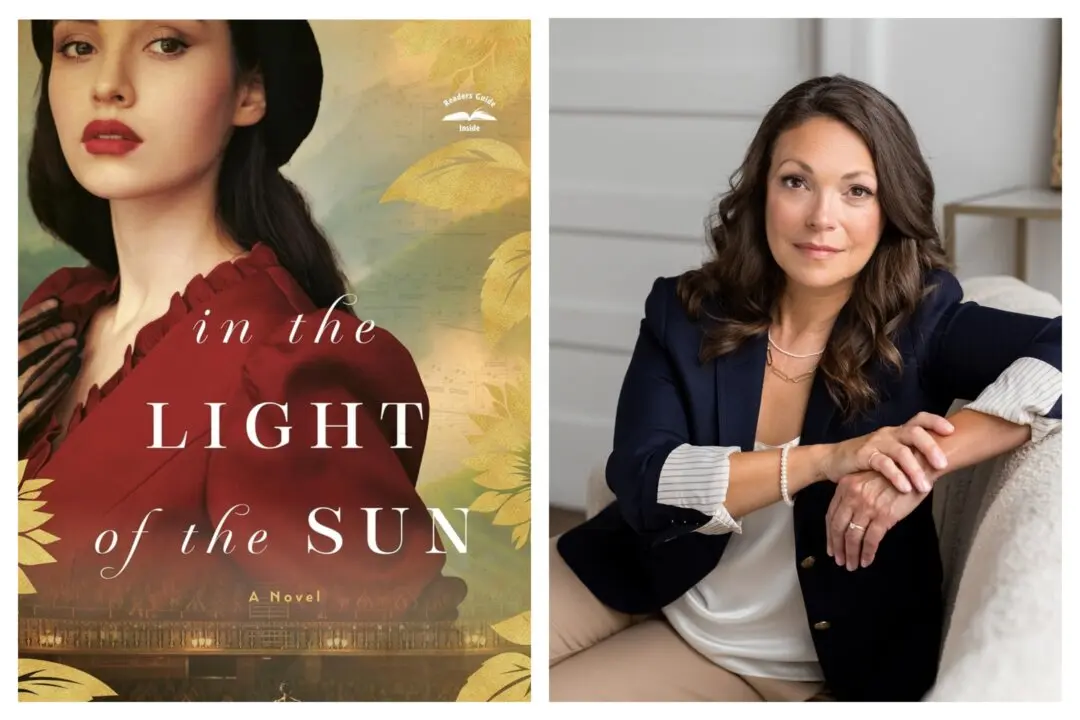When Suzanne Collins released the first “Hunger Games” book in 2008, it revived interest in dystopian fiction for a new generation of young adults (YA). The captivating trilogy was soon released as a franchise in a four-part movie series with billions of dollars in earnings. The appeal of YA dystopia encouraged other authors to get in on this popular genre with books like the “Divergent” and “The Maze Runner” series appearing in bookstores and movie theaters.
Readers familiar with the genre know that the appeal lies in the “what-would-happen-if” premise that underlies the stories’ settings and plots. What would happen if we lived in a world where the news was censored? What would happen if there were an elite group of people who held power while the rest had to do their bidding? What would happen if citizens were injected with chemicals to control their thoughts and actions? What would happen if we lived in a world that was “anti-utopia”?





